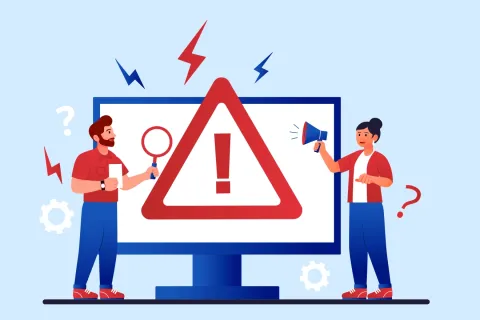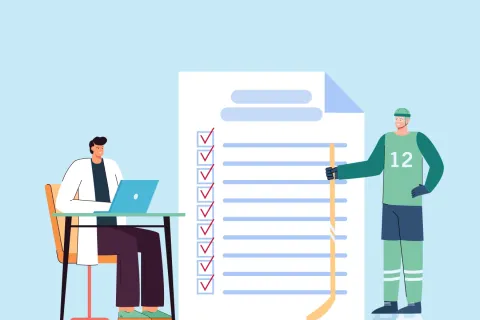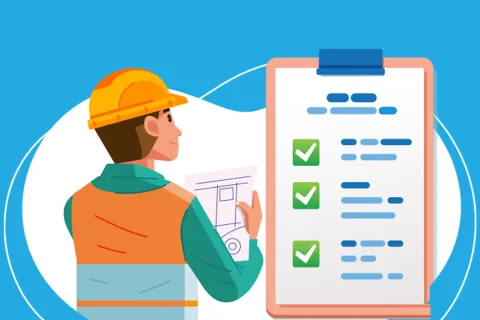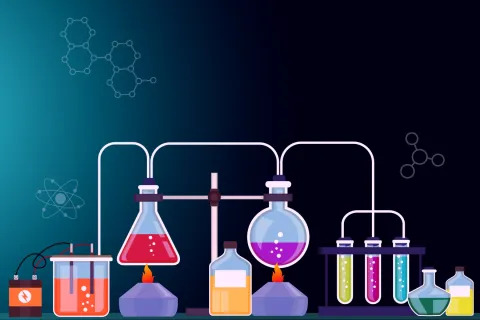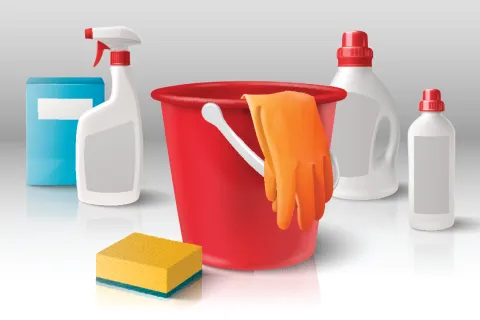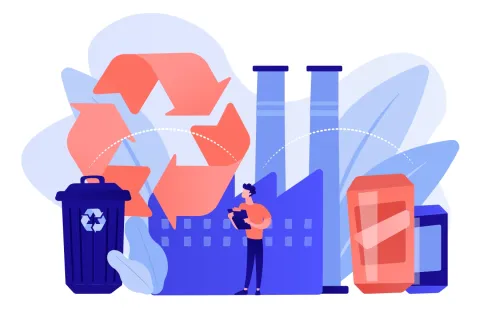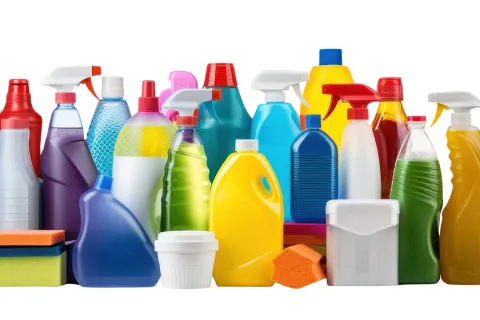
The recall of household consumer products in the United States (US) is a crucial process that involves several steps, Regulatory updates, and responsibilities for manufacturers, importers, distributors, and retailers. The Consumer Product Safety Commission (CPSC) plays a key role in ensuring the safety of consumer products.
As per the FY 2023 Annual Performance Report (APR), the CPSC negotiated and implemented 308 voluntary recalls of 97 million consumer product units, as compared to 250 voluntary recalls of 19 million consumer product units that were negotiated and implemented in FY 2022.
Regulatory Authority
The CPSC, under the Consumer Product Safety Act (CPSA), oversees the safety of around 15,000 consumer products. Manufacturers, importers, distributors, and retailers are required to report any products not meeting the safety standards or posing hazards.
The Recall Process
- Identification of Non-compliant Products: The recall process begins when a manufacturer or importer identifies a product not meeting the safety standards or posing significant hazards.
- Notification to the CPSC: The manufacturer or importer is required to inform the CPSC about the non-compliant product.
- Collaboration with the CPSC: Working in conjunction with the CPSC, the manufacturer or importer will develop a Corrective Action Plan (CAP) to address the identified hazard.
- Corrective Action Plan (CAP): The CAP may involve various measures such as:
- Product Return: Customers may be asked to return the product to the manufacturer.
- Repair: The manufacturer may offer repair services to fix the safety issue.
- Replacement: The manufacturer may provide customers with a safe replacement product.
- Combination of Actions: A mix of product return, repair, and replacement may be implemented, based on the situation.
- Implementation of CAP: Once the CAP is finalized, the manufacturer or importer must execute the plan to rectify the safety concern associated with the product.
- Monitoring and Compliance: Throughout the recall process, the CPSC oversees the implementation of the CAP to ensure compliance with the safety standards and protection of consumers.
- Communication with Consumers: Manufacturers are typically responsible for communicating the recall details to consumers, including instructions on how to participate in the recall and receive the necessary corrective actions.
- Resolution and Follow-up: After the corrective actions have been carried out, the manufacturer, importer, and CPSC will assess the effectiveness of the recall and take any further steps needed to address the safety issue in a systematic manner.
Manufacturer and Retailer Responsibilities
Manufacturer Responsibilities | Retailer Responsibilities |
|
|
Freyr’s Operational Approach for Multimarket Support on Consumer Product Recall
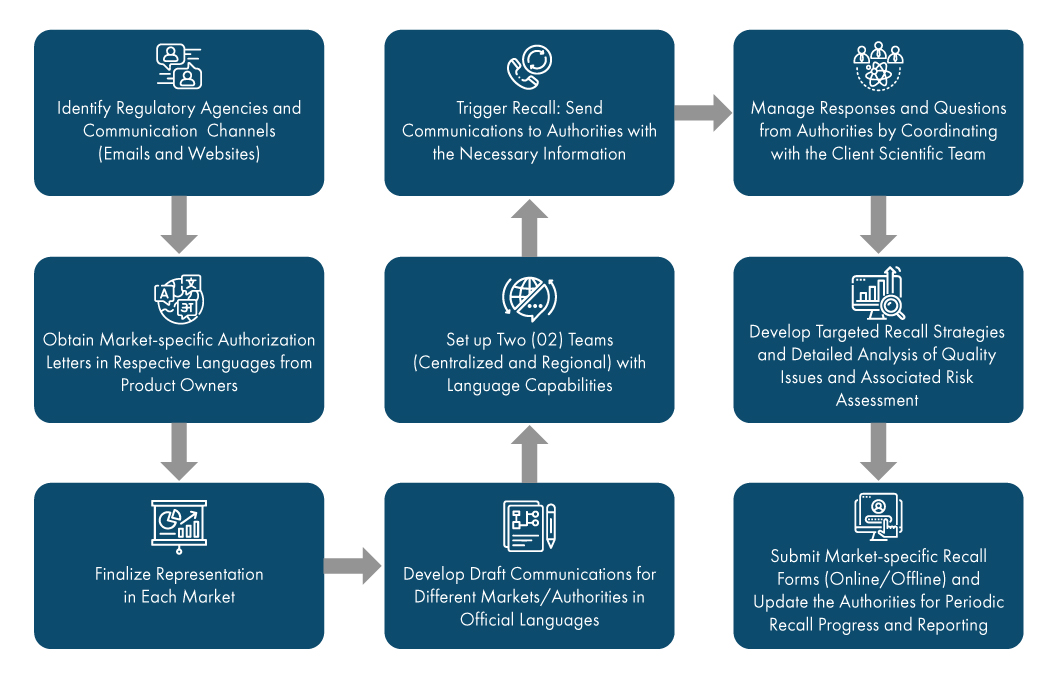
Recalling household products in the US involves many stakeholders, including manufacturers, importers, distributors, retailers, and consumers. The CPSC is the central authority responsible for ensuring product safety, with manufacturers and retailers also having distinct roles. Adhering to the necessary steps and regulations safeguards consumers from product-related risks.
Seek Expert Help!
Freyr offers you comprehensive product recall services, helping you address various challenges.
- Regulatory Compliance Assessment: We help you understand and comply with relevant regulations, reducing the risk of recalls due to non-compliance.
- Risk Assessment and Management: Our experts conduct thorough risk assessments to identify potential hazards associated with your products, thus enabling proactive risk management strategies.
- Recall Planning and Strategy: We assist you in developing recall plans tailored to your products, ensuring swift and effective response in the event of a recall.
- Communication Support: We help you craft clear and concise communication messages for consumers, retailers, and Regulatory agencies, maintaining transparency and trust throughout the recall process.
- Regulatory Liaison: Our team communicates with Regulatory agencies on your behalf, facilitating compliance and addressing any Regulatory inquiries or requirements.
- Post-recall Evaluation: After the recall, we conduct thorough post-recall evaluations to identify root causes and implement corrective actions, thereby minimizing the risk of future recalls.
